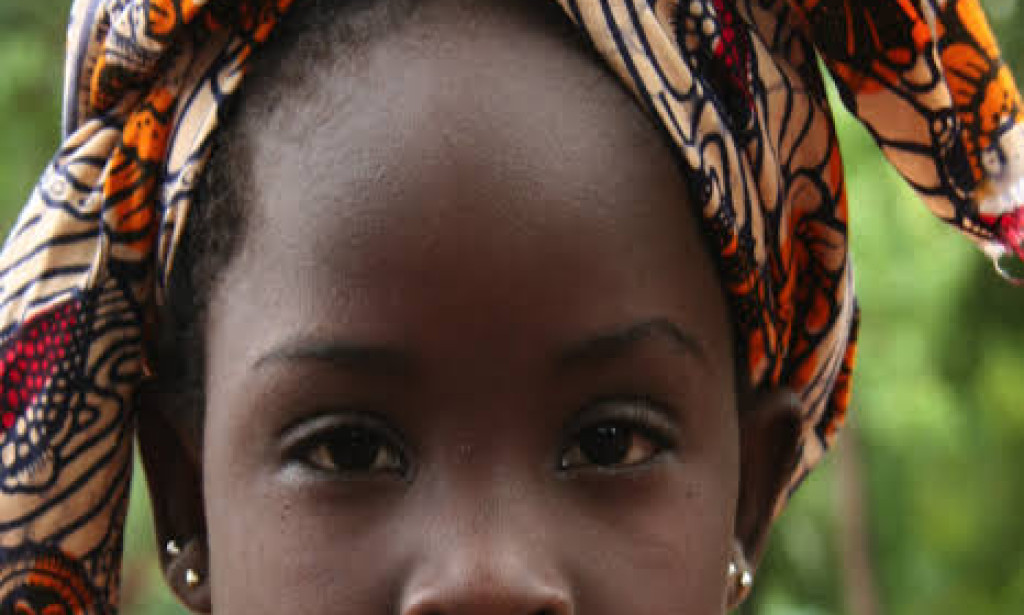In the Becheve tribe of Obanliku, Cross River State, a disturbing cultural practice persists where young girls are sold by their families for as little as N3500. This tradition, often referred to as "money marriage," involves parents exchanging their daughters for money or goods, often to settle debts or fulfill obligations. The girls, some as young as six, are viewed as "money women," and their worth is often measured in terms of financial transactions rather than their well-being or future prospects.
Historical Context
The roots of this practice can be traced back to historical economic pressures within the region. Traditionally, families in many rural Nigerian communities face significant financial struggles, leading to the commodification of children as a means of survival. In some cases, families justify this practice as a way to secure a better future for their daughters, believing that a financial transaction now could lead to potential stability later.
The Impact on Education and Health
Once sold, these girls are frequently pulled out of school, denying them the education that could empower them to break the cycle of poverty. Reports indicate that many of these girls suffer from health issues due to early pregnancies and lack of access to healthcare. Early marriage and childbirth significantly increase the risk of maternal mortality and other health complications.
Cultural Resistance and Change
Interestingly, there are factions within the Becheve community that oppose this practice. Some local leaders and activists are working to shift cultural perceptions, emphasizing the value of education and the potential for girls to contribute to their families and communities without being sold. Grassroots campaigns aim to educate families about the rights of children and the importance of investing in girls' futures.
Legal and International Perspectives
Despite the existence of laws in Nigeria that prohibit such practices, enforcement remains weak. Many families operate in a system where traditional beliefs often supersede legal frameworks. International organizations, including UNICEF and various NGOs, are now collaborating with local groups to provide educational resources and support systems aimed at eradicating this practice. They focus on empowering communities to adopt alternative means of support and encouraging dialogue about the rights of women and girls.
The Role of Media and Technology
In recent years, social media has played a crucial role in raising awareness about this issue. Campaigns on platforms like Twitter and Instagram have helped to mobilize support and shed light on the experiences of girls who have escaped these situations. Documentaries and news stories have brought the plight of these girls to a global audience, creating pressure on local governments to take action.
Personal Stories
Some former victims have begun to share their stories, providing a poignant look at the emotional and psychological toll of being sold. These narratives highlight not only their struggles but also their resilience and determination to rebuild their lives. Many have become advocates for change, using their experiences to educate others and inspire hope.
The plight of these young girls calls for urgent attention and action to protect their rights and ensure their futures are not dictated by outdated traditions. By addressing the socio-economic factors at play and fostering a culture that values education and empowerment, there is hope for a future where no girl is sold for N3500.


OMG
wow
You must be logged in to post a comment.